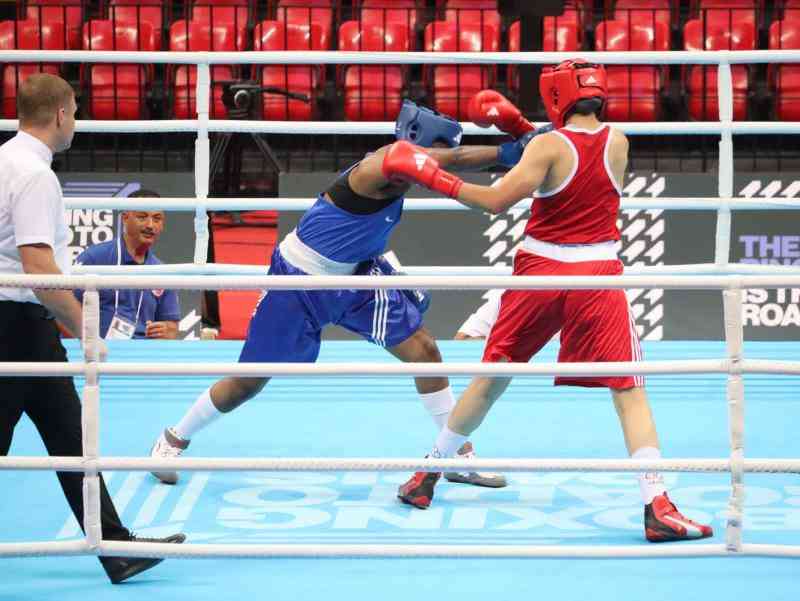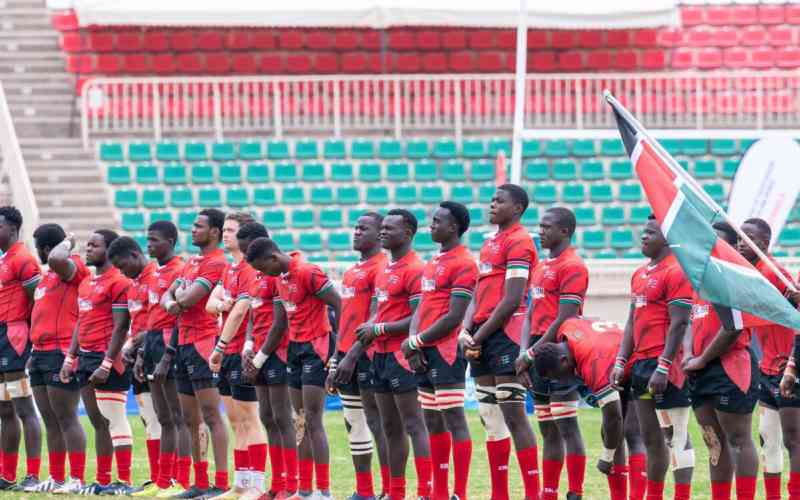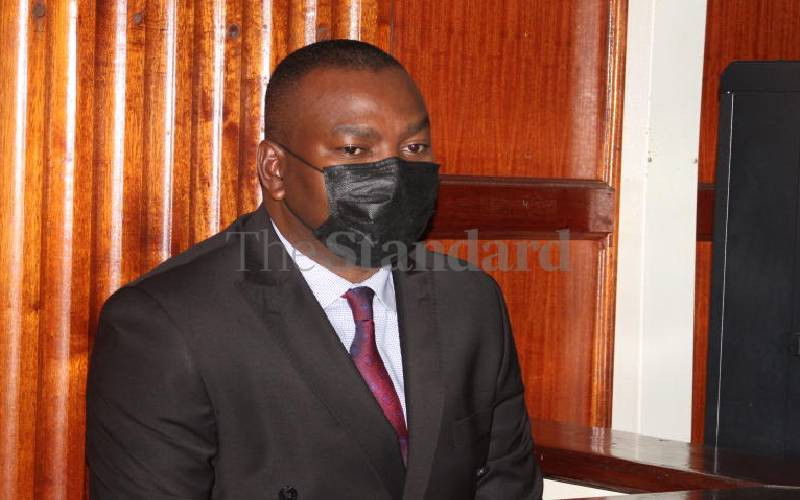The world may disagree on whether Ethiopia’s President Meles Zenawi improved Africa’s leadership image or was just another despot clothed in democratic garb. But unanimity is expected on the question whether his death fits the African picture which starts with denials and end in death.
After all despite failing health, as has happened in regard to African leaders in other countries, from July when he missed the African Union’s Heads of States session in his capital of Addis Ababa, Government denials have been the order of the day.
Not that Africans rejoice in the tribulations of their leaders, especially as regards such a taboo subject as ill health and death, but again it is important for a nation to understand the health status of their leaders. This is mainly because they occupy a special place not only in the country’s leadership saddle, but also are cherished and in some cases held in the complete awe of a demigod.
But we know too well that besides the superstitions that reign in our lives in this continent, we appreciate that our leaders are human.
The only reason the issues of their health, unlike say those of American presidents, which is public knowledge, are often made but of the stable of national secrets is because first the leaders and their handlers often prefer the mystique and deity status.
pool of talent
Secondly, some of them are so repressive that they have come to believe they are unwanted and admission of illness could actually be the signal to their opponents that power is slipping from their hands and they are actually mortal like all of us.
Thirdly, the blanket of secrecy that our leaders prefer could explain why almost all the ailing ones frequent and die in hospitals outside the continent. It is like an open admission that the African medical infrastructure and pool of talent that they nurture and preside over is indeed inferior and unreliable.
Finally, the unbridled appetite by African leaders and their tribal and business cabal to influence who takes over from them, to the exclusion of the democratic transition processes which are in some cases weak or non-existent, the death of the ruler is a matter of life and death and so before the nation is told, the ‘succession politics’ have to be fixed first.
Often this involves the military and political brass around the sick or dying leader.
It is not inconceivable that in some cases, except the seasoning and budding democracies like Ghana, the rest of us treat our presidents as if they are immortal and permanent fixture on our leadership table, and to talk or even imagine their deaths could be a costly act of treason.
So even those who know keep it to themselves, lest they are seen to be celebrating or delighting in the leader’s falling fortunes.
These reasons could explain the circus that surrounded the failing health former Nigerian President Umaru Musa Yar’Adua in 2010.
When the Government finally announced he had died, the average Nigerian actually believed that his soul left him months before the actual date given.
Zenawi is the fourth African President to die this year, after Ghana’s John Atta Mills this month, Guinea-Bissau’s Malam Bacai Sanha in March in Paris, and Malawi’s Bingu wa Mutharika in April.
Stay informed. Subscribe to our newsletter
querulous Sudans
Over the last four years Africa has lost eight leaders and in most of the cases, except that of Libya’s Muammar Gadaffi who was killed during a national uprising supported by international military attack, have followed the same script of secret trips abroad, denials of ill health, and finally death whose actual date only regime insiders know.
But other than this regretful pattern and Melawi’s strong-arm tactics against the media and Internet website censorships as well as detentions and tortures perpetrated by his regime, the region will forever be indebted to him for his role in stabilising Somalia and peace missions between the two querulous Sudans.
He also leaves behind a perfect mismatch between the bad and the ugly that his regime represented.

 The Standard Group Plc is a
multi-media organization with investments in media platforms spanning newspaper
print operations, television, radio broadcasting, digital and online services. The
Standard Group is recognized as a leading multi-media house in Kenya with a key
influence in matters of national and international interest.
The Standard Group Plc is a
multi-media organization with investments in media platforms spanning newspaper
print operations, television, radio broadcasting, digital and online services. The
Standard Group is recognized as a leading multi-media house in Kenya with a key
influence in matters of national and international interest.
 The Standard Group Plc is a
multi-media organization with investments in media platforms spanning newspaper
print operations, television, radio broadcasting, digital and online services. The
Standard Group is recognized as a leading multi-media house in Kenya with a key
influence in matters of national and international interest.
The Standard Group Plc is a
multi-media organization with investments in media platforms spanning newspaper
print operations, television, radio broadcasting, digital and online services. The
Standard Group is recognized as a leading multi-media house in Kenya with a key
influence in matters of national and international interest.









